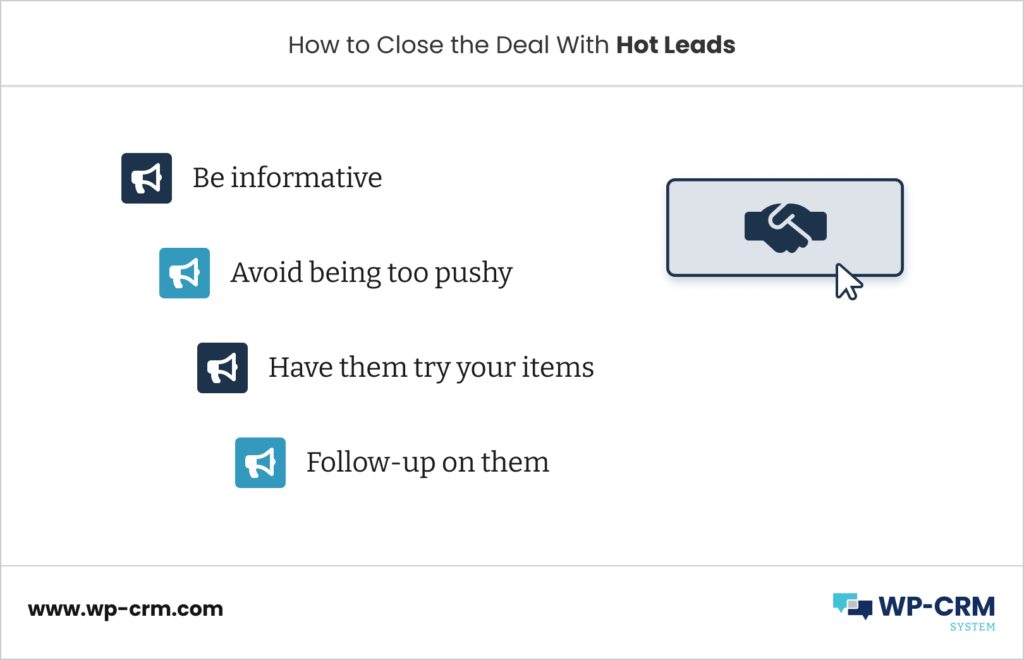Developing a Sales Strategy to Drive Results
Developing a sales strategy for your business can be overwhelming, as not each one will drive the results you are looking for. Following the data and keeping tabs on the numbers will help companies advance their sales strategy to reach their full potential. If you feel like your sales team is underperforming then it might be time to revisit your strategies and develop new ones.
Defining What Sales Strategy Is
An effective sales strategy involves setting specific tactics and targets that will help businesses achieve their goals. It aids with leading the sales team to success so KPIs and objectives will be met. Having the right sales strategy plan will also help brands retain current customers and acquire new ones. The right lead generation strategy in marketing should include proper planning regarding product positioning, competitive analysis, and sales processes.
The sales strategy business plan should contain a detailed proposal of complete processes and best practices that the management would want to imply.
Now that we have clearly defined a sales strategy, it is time to delve into how businesses can develop their tactics to drive results.

Put the Customer at the Center
No company will survive without its loyal customers. This statement means that brands should carefully curate their sales strategy and put their clients at the center. The buyers’ needs come first, and everything else will follow. Sales managers should ask themselves these questions:
- What values do the customers and the brand share? How can the company build a sales strategy based on those values?
- How do we want the clients to see the brand? What type of message do we want to convey?
- How is the sales team communicating with the buyers? Are their concerns appropriately addressed?
Focusing on other business development projects such as budget allocation, sales forecasting, and product distribution is vital. Still, without customer-centricity, most of these efforts will go to waste.
Marketing and Sales Should Go Hand-in-Hand
The marketing and sales team should work together to create a force more robust than any other in the company. The marketing team should study and curate the strategies, while the sales reps should be the ones to execute the plan. Here are ways the two teams can collaborate:
- Create content that will help bring customers in. The sales team can talk to the clients and find out what content they are looking for on the website, social media posts, and email newsletters. The marketing team can use this information to create content based on what the potential buyers are looking for.
- Take a deeper look at the customer journey. The two teams can get a glimpse of how the client thinks by performing an in-depth customer journey analysis. Besides, there is no better way to know the customers aside by walking in their shoes.
- Use customer feedback to your advantage. Take what the clients are saying and focus on their feedback. Know their struggles, pain points, and suggestions and base your sales strategy on it.
- Work on developing buyer personas. Defining your buyer personas will help you pinpoint your target market. The sales team can gather the information needed, while the marketing team can put out advertisements based on these insights.

Work on Your Hot Leads
Hot leads are customers who are interested in your business and are ready to purchase from your brand. These people are already in your close circle, and it would pay to nurture them so they will turn into actual buyers. Here are different ways to close the deal with your hot leads:
- Prioritize informing the customers about how they will benefit from your products or services.
- Avoid being too pushy and let them make their own decisions.
- Have them try the product or service if possible, so they can decide whether they need it or not.
- If they decide not to close during the first call, follow up with them after a few days.
- Encourage them to refer your items to their friends and family.

Continuously Train Your Sales Team Members
All of your sales representatives should undergo onboarding and orientation during their first few days, but you should also make it a point to have them attend training and seminars every few months. Trends continue to change, and your sales strategy and tactics should adapt. Consider appointing a buddy system within your sales team, especially if you have newbies on board. Pair a newcomer with an experienced employee so they can get the assistance that they need.
Training sessions should, however, be concise so no time will be wasted. For example, lessons should last for less than half a day, so your experienced team members can still work on their tasks for the rest of the day. Come up with a specific plan for the session so you can go about the training smoothly. Additionally, you can also choose to implement e-learning. Doing this will also give them the flexibility to decide when they want to take specific courses.
Don’t be Afraid to Expand
It is necessary to continuously work on your customer acquisition efforts, especially if you want your brand to grow. Nurturing your current buyers and turning them into loyal clients will surely help your business get its ROI, but getting new customers is just as important. Here are a couple of ways you can expand your customer base:
- Work on your customer service. Your sales team should always be available if any of your clients have questions and concerns about their purchases
- Send free newsletters that are informative and useful.
- Always update your website content. Put out articles that you know your customers would love to read.
- Be active on social media. Update your client base about new products and services.
- Partner up with influencers and bloggers in similar industries.

Wrapping Up
All companies need a good sales strategy for their brand to flourish. Continuously searching for new tactics and trends will keep the ball rolling, so make sure to keep your eye out for new strategies in your industry. Understanding what your clients need is vital for successful sales planning, so make sure to allocate resources in that direction.
